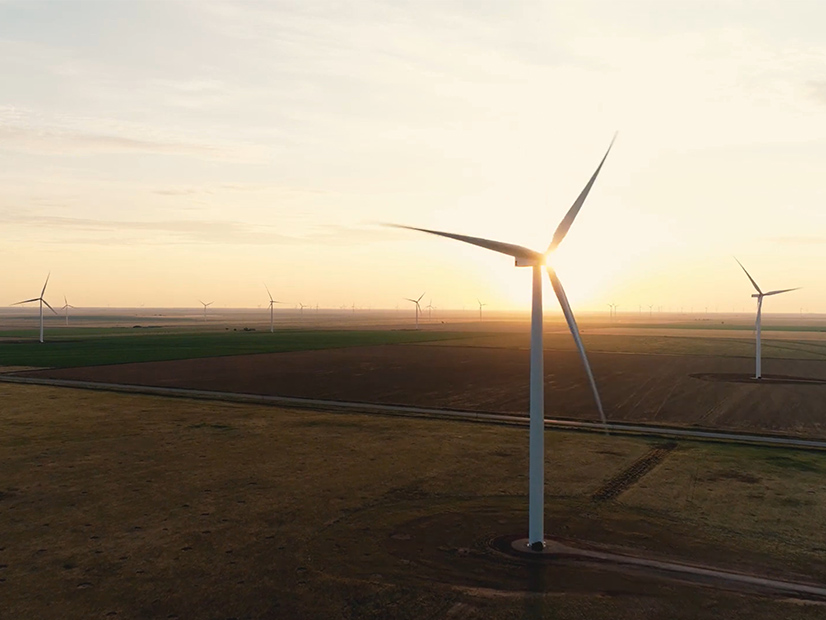MISO said it will alter some interconnection rules so that generation owners can more easily replace generation at the same point of interconnection or share a single point of interconnection with other owners.
The RTO will remove the requirement that transmission owners must sign off on a shared facilities agreement among interconnection customers, saying there was never a need for transmission owners to be signatories to agreements for shared interconnection facilities.
During a March 1 Planning Advisory Committee, MISO’s Jackson Evans said that after the RTO’s shared network upgrade process was introduced in 2019, multiple disputes arose between interconnection customers and transmission owners over who has ownership rights to interconnection facilities and who would be responsible for their maintenance.
“It almost led to multiple withdrawals” in the interconnection queue, Evans said.
MISO will still require interconnection customers wishing to share interconnection facilities to submit a shared facilities agreement upon filing their request. However, that agreement will no longer be tied to the transmission owners’ interconnection facilities.
Customized Energy Solutions’ Ginger Hodge thanked MISO for the changes and ending a year of “delays, disagreements and frustrations.”
The grid operator said it will prepare a FERC filing for either April or May. The revised process would apply to entrants in the generator interconnection queue’s next cycle
The RTO also said it will make it easier for generation owners to replace units, allowing generators to request longer-term suspension reliability studies with the replacement requests. Previously, the grid operator granted reliability assessments only for the gap period between winding down generator operations at the outgoing unit and the replacement unit’s startup.
MISO added that it will reduce its decision time to approve suspensions for units set to be demolished and replaced. It also said it can shorten a required 26-week notice period to 30 days for generator suspensions in certain replacement situations.
The RTO intends to file the replacement generation process changes with FERC sometime in May.




